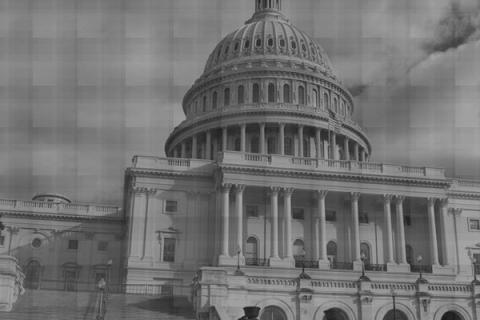
According to a survey commissioned by the National Institute for Civil Discourse, less than one out of ten voters have confidence in the problem solving abilities of our elected officials. The poll was conducted among 800 registered voters from August 29-30 by Public Opinion Strategies (Republican) and Fairbank, Maslin, Maullin, Metz & Associates (Democratic).
The unwillingness of lawmakers to cross party lines was cited as the number one cause of gridlock and decision-making paralysis in Congress followed closely by a "lack of respectful dialogue" between political leaders. Participants were asked to describe their feelings about the current political climate. The top descriptions included, "frustrated, worried, angry, and ashamed." Such negative connotations associated to those currently in office could lead to more third party candidates being considered in the future.
Clearly, US voters feel disenchanted with the extreme polarization in politics. The results were similar among participants regardless of party affiliation. Members of both mainstream parties and third party affiliates believe that the American political system is suffering due to partisan rivalry. 62% of the participants encouraged candidates to agree, in part, with their opponents in the upcoming presidential debates. This reaction implies that voters are more focused on solving important issues rather than party rivalry and defamation of political opponents.
Sen. Tom Daschle, a member of the national board for the Institute of Civil Discourse, echoed:
"Voters are looking to the presidential candidates to strike a different tone – to offer a constructive vision geared to solving the problems facing our country. The upcoming debates will provide a unique opportunity for both candidates to strike that positive tone and demonstrate the collaborative approach that voters want.”
Thus far, it appears neither mainstream presidential candidate has heeded the will of this vast majority of voters as their mudslinging continued this week. Voters do not appear to be swayed much by these attacks and would rather the candidates focus on solving issues rather than party dogma. With ninety percent of voters blaming partisanship as the number one reason they mistrust politicians in Washington, independent affiliation may be on the rise in the coming months.
